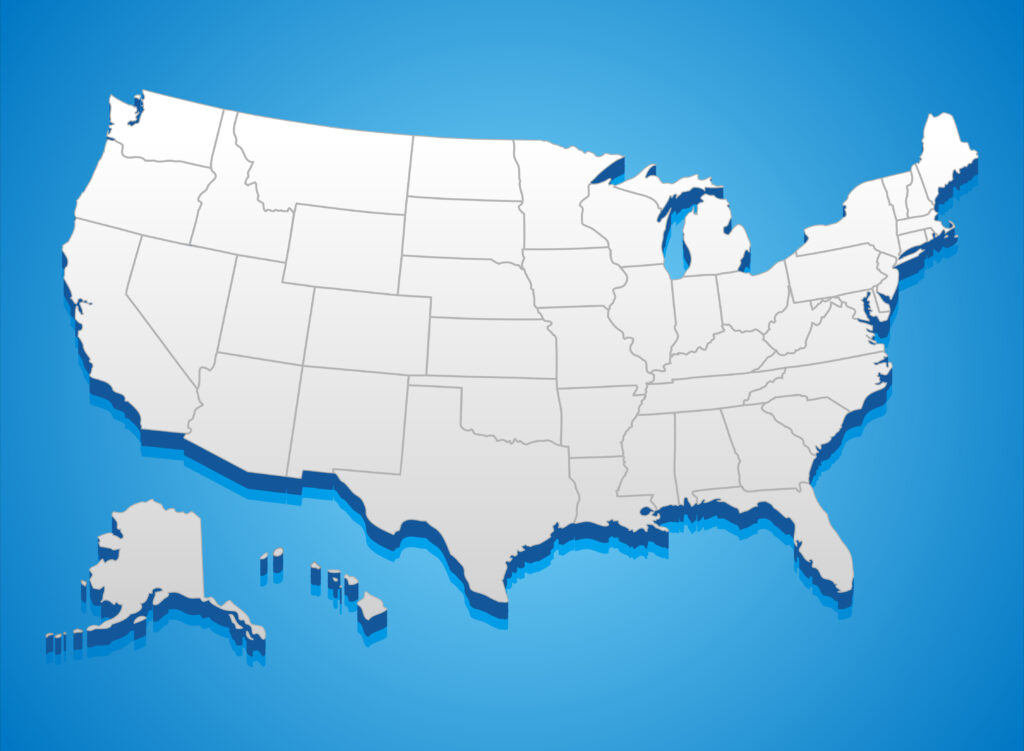Honoring Pre-Existing Convictions: Lawsuits Question Abortion-Only Plans in Rhode Island and Vermont
Last Tuesday, two individuals from Rhode Island and Vermont filed separate lawsuits in federal court to challenge the abortion surcharge mandate. Both men are pro-life and reside in states whose marketplaces currently offer only plans that include elective abortion. Because of this, every individual enrolled in a plan through these states’ marketplaces is required by law to pay a separate abortion surcharge each month.
Alan Lyle Howe, Jr. of Vermont and a gentleman from Rhode Island who is HIV-positive and is called “Doe” in the lawsuits, are both Christian, publicly pro-life, and in critical need of quality healthcare. Furthermore, they were both dropped from their previous healthcare due to the Affordable Care Act, and are now being forced to make an “untenable choice” according to the lawsuits: either violate their conscience by purchasing an exchange plan that requires an abortion payment, or forgo the subsidized exchange plans altogether and face the prospects of an unaffordable plan or a fine.

Casey Mattox, Senior Counsel of Alliance Defending Freedom (ADF), the group representing Howe and Doe, said, “Paying for elective abortions should never be a prerequisite for access to health care. Neither the Constitution nor federal and state law allow for this type of government coercion.” Yet, there is no viable alternative for these gentlemen, as evinced in Howe v. Burwell and Doe v. Burwell.
That is, one can hope that Americans who reside in Rhode Island, Vermont, Hawaii, or New Jersey and are pro-life are either wealthy enough to go off the marketplace for health insurance or healthy enough to risk not purchasing it (and even then, there is the federal penalty to pay). But if not, and if there are some who are not eligible for employer health insurance, Medicaid, or any exemption from the individual mandate, the unspoken message for them under the ACA is “tough luck.”
Without an exemption, the financial penalty prescribed by the Affordable Care Act for not purchasing health insurance is 2% of one’s income, which is set to increase to 2.5% in the following year. According to the complaints, these fines would be “substantial” for both Howe and Doe.
Below are some key points enumerated in the lawsuit:
- The ACA provides for various exemptions from the individual mandate for many reasons, but does not provide one based on religious conscience or moral objection to abortion;
- The federal Defendants have “no compelling governmental interest” to require the plaintiffs to pay the separate abortion surcharge in violation of their conscience;
- The ACA prohibits disclosure of the abortion surcharge to enrollees or prospective enrollees by either the plan issuers or the exchanges;
- And so, the enforcement of the “abortion mandate” is a violation of the Religious Freedom Restoration Act (RFRA).
In addition, while it is the case that every state exchange is required to have at least one health plan that excludes elective abortion by 2017, it is unacceptable that conscientiously objecting Americans continue to be cornered into complicity for the stretch of another two years.
For reference, if the minimum stipulated amount of a $1 abortion surcharge per month were to be collected from just the Rhode Island and Vermont exchange enrollees until 2017, this would amount to an estimated $1.2 million. And there’s still another month of open enrollment.
But there is hope. Pro-life Connecticut residents were in the same quagmire last year until Bracy v. Burwell – also an ADF case – put on the pressure. For 2015, the Connecticut exchange began offering six new multi-state plans, four of which exclude elective abortions from coverage.
In response to Doe v. Burwell, a HealthSource RI spokeswoman and Rhode Island Governor Gina Raimondo stated that they “understand that this is a sensitive issue for many Rhode Islanders” and that “HealthSource RI is working on addressing coverage options.” For Howe, Doe, and undoubtedly many others to be spared the “untenable choice” of violating their conscience or paying additional penalties, an alternative must be decided promptly before February 15, the last day of open enrollment. Under Obamacare, it appears you may not be denied coverage due to pre-existing conditions, but you could for pre-existing convictions.
Genevieve Plaster is a Research Assistant for the Charlotte Lozier Institute.



























